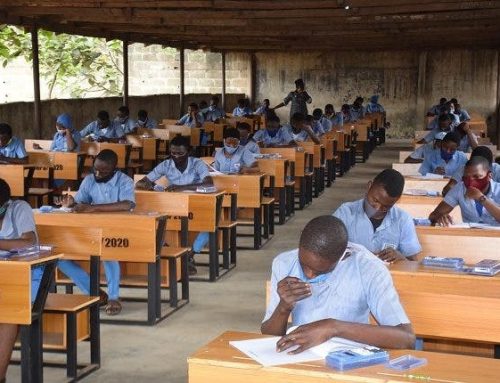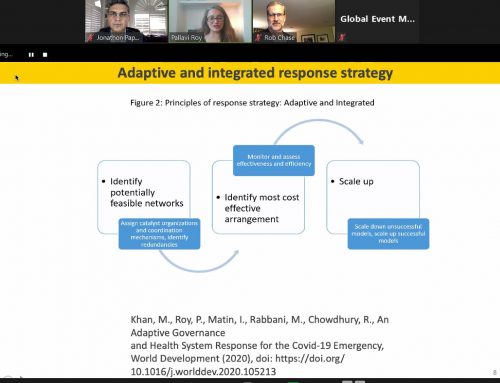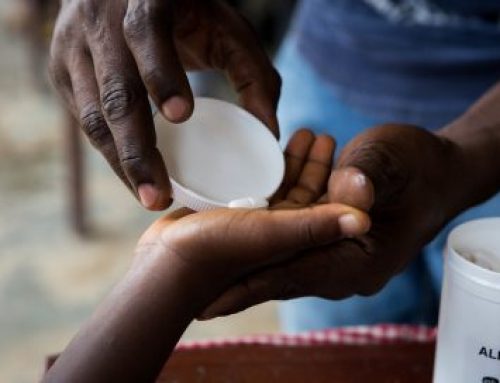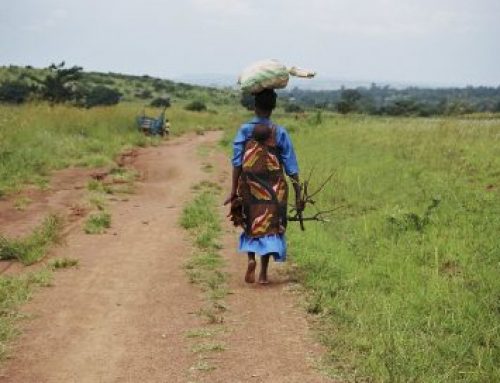Research question
Nigeria has one of the most vibrant media spaces in the world and platforms for journalism across media generate and share a high level of debate and opinion. Not surprisingly, corruption is one of the most frequently reported on and debated topics in Nigerian media, sparing very few public personalities.
Does media coverage of corruption stories matter for policy-making and public attitudes? Sensationalised reporting of corruption stories can result in unmet public expectations of corruption prosecution and punishment. Meanwhile, truly investigative journalism that pursues unsavoury political truths is vital for society, yet the political settlements of most developing countries mean that established authorities are usually able to block such investigations. The result is fatigue by news consumers, who feel justice will not be served despite all the hype.
Project summary
This research will identify and audit the types of corruption and anti-corruption stories that were generated before and after the 2015 and 2019 elections.
The media audit process will aim to identify if patterns in reportage are influenced by elections, linked to particular political interests, to security issues and so on, and to investigate if there are any impacts on polling. The audit considers reportage of four key cases in the run up to the 2015 elections and how selected media houses responded to these through their reportage. The research will also identify how corruption is reported when there are major gender issues, for instance looking at the reportage of modern day slavery (especially through Benin City) as a case study.
Partners
Dr Pallavi Roy and Dr Joseph Ajefu (SOAS University of London), Adeshola Komolafe (Oak Centre for Journalism Development, OCJD)
Publication
Corruption Reporting in the Media in the 2015 Nigerian Elections: Setting the Agenda or Toeing the Line? (Working Paper)
This project is now completed.






